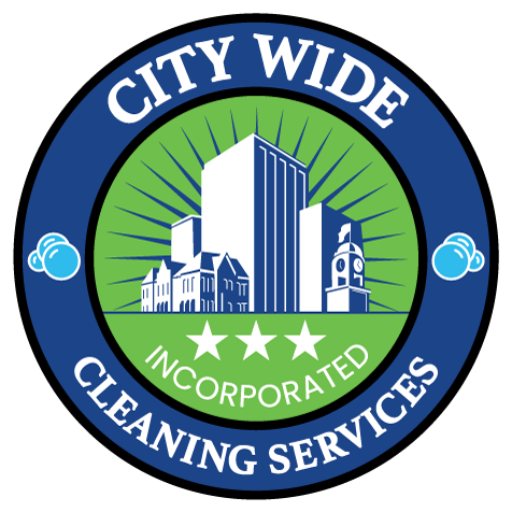
Why Medical Office Cleaning Regulations Matter
Medical offices serve vulnerable populations, from routine checkups to urgent care. To maintain a safe, sanitary environment, it’s essential to follow strict medical office cleaning regulations that align with health laws and infection control standards. These guidelines are designed to reduce cross-contamination, protect patient health, and ensure compliance with regulatory bodies.
In this article, we’ll explore key regulations, industry standards, and practical steps medical facilities should take to meet and exceed cleanliness expectations.
The Unique Cleaning Demands of Medical Offices
1. Higher Infection Risk
Medical environments involve regular exposure to pathogens, bodily fluids, and infectious materials. Unlike standard commercial spaces, cleaning in healthcare settings requires disinfection that meets clinical-grade protocols.
2. Regulatory Oversight
Medical facilities are closely monitored by organizations like OSHA, CDC, and HIPAA, which enforce cleaning standards as part of broader patient safety practices. Ignoring these standards can result in violations, fines, or even facility closures.
3. Patient Perception and Trust
Cleanliness isn’t just about health it affects patient confidence. A visibly clean, well-maintained medical office contributes to trust in the care provided.
Core Medical Office Cleaning Regulations and Standards
1. OSHA Bloodborne Pathogen Standard
The Occupational Safety and Health Administration (OSHA) requires medical facilities to implement protocols for handling and cleaning areas potentially contaminated with blood and other infectious materials. This includes:
- Use of EPA-registered disinfectants
- Proper disposal of biohazardous waste
- Staff training on personal protective equipment (PPE)
2. CDC Environmental Cleaning Guidelines
The Centers for Disease Control and Prevention (CDC) outlines stringent cleaning and disinfection practices. According to them, high-touch surfaces in medical offices must be cleaned multiple times daily using hospital-grade disinfectants.
3. HIPAA Considerations
While HIPAA primarily addresses patient data privacy, it also has implications for cleaning, such as securing patient charts during disinfection and ensuring cleaning staff are trained to avoid unauthorized exposure to patient information.
Cleaning Protocols for Different Areas
1. Waiting Rooms and Reception
- Wipe down chairs, counters, door handles, and kiosks frequently
- Clean floors daily with disinfectant solutions
- Replenish hand sanitizers and tissues
2. Exam Rooms
- Disinfect exam tables and instruments between patients
- Sanitize light switches, drawer handles, and computer keyboards
- Replace disposable protective covers after each visit
3. Restrooms
- Disinfect toilets, sinks, fixtures, and floors multiple times daily
- Use touch-free soap and paper towel dispensers to reduce cross-contact
- Stock supplies regularly to ensure patient convenience
4. Staff Areas and Break Rooms
- Disinfect tables, microwaves, refrigerators, and handles
- Encourage staff to clean up after use to maintain shared cleanliness
Required Equipment and Supplies
- Hospital-grade, EPA-registered disinfectants
- Microfiber cloths and mops to trap and remove pathogens
- PPE (gloves, masks, gowns) for cleaning staff
- Color-coded cleaning tools to prevent cross-contamination
The Role of Professional Cleaning in Regulation Compliance
1. Industry Knowledge and Certifications
Professional cleaning providers trained in medical office cleaning regulations bring expertise in clinical sanitation, cross-contamination control, and OSHA standards.
2. Consistency and Accountability
With daily cleaning checklists and detailed reporting, professionals ensure no task is overlooked. Documentation helps meet compliance audits with ease.
3. Advanced Tools and Techniques
From electrostatic sprayers to UV-C disinfection, modern tools enhance the thoroughness and speed of medical office cleaning. Our Healthcare Facility Cleaning Standards reflect our deep commitment to this sector
How City Wide Cleaning Can Help
At City Wide Cleaning, we provide comprehensive cleaning services built around medical office cleaning regulations. Our team is trained in infection control protocols and uses hospital-grade products to ensure compliance and peace of mind.
Our Medical Cleaning Services Include:
- Daily disinfection of high-touch areas
- Biohazard cleaning and disposal
- Restroom sanitation and air quality control
- Scheduled deep cleans and documentation support
Contact Us for Reliable Healthcare Cleaning
Protect your patients and your reputation. Call City Wide Cleaning today at (619) 938-2600 or email info@citywidecleaningservices.com for a free consultation.
